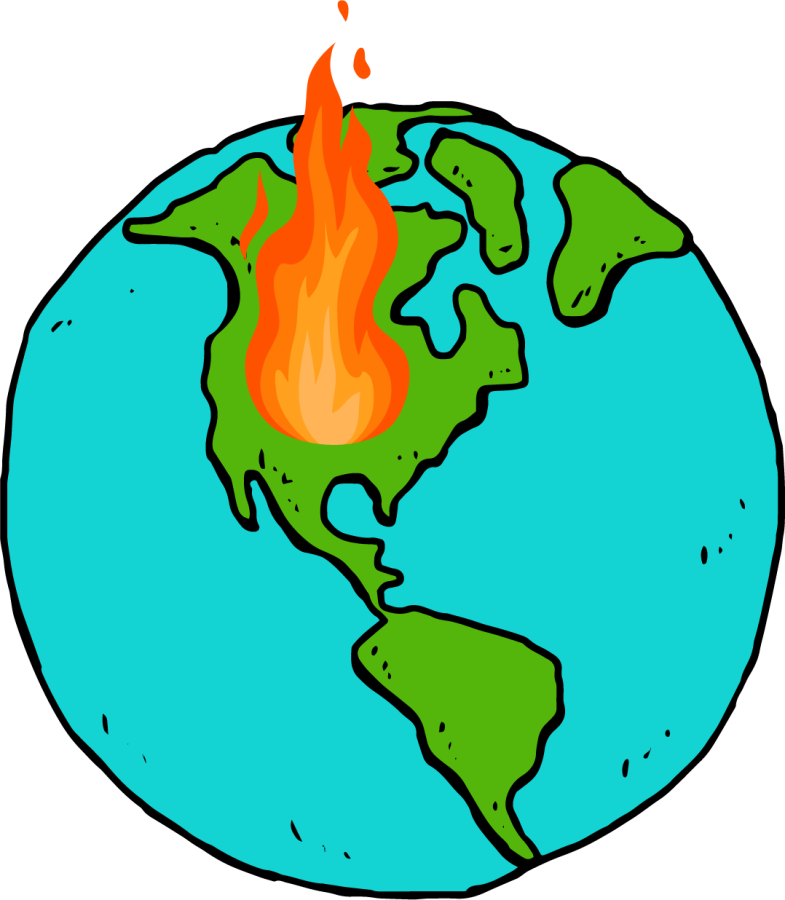Will Democracy Die in Dreamland?
In late December, Canadian political scientist Thomas Homer-Dixon called into question the stability of American democracy. Predicting its collapse by the year 2025, he emphasized the following point: “American democracy could collapse, causing extreme domestic political instability, including widespread civil violence. By 2030, if not sooner, the country could be governed by a right-wing dictatorship.” His area of concern was Trump’s probable return to the White House in 2024 as a catalyst for destabilization, which he followed with the prediction that Trump “may be just a warm-up act,” for a more politically adept leader that will reconstruct the American political system.
But how realistic are these predictions? On a global level, confidence in American democracy is minimal. In a survey conducted by the Pew Research Center, only 17 percent of people outside the U.S. believe the country sets a good democratic example for other countries to follow. Furthermore, rampant discrimination was criticized alongside the state of civil rights in the U.S. following the murder of George Floyd in May of 2020, a summer marked a period of protest and demands for policy and social change. Some predicted a Second Civil Rights Movement, suggesting the U.S. has not come as far into a post-racial society as it likes to think it has. Additionally, the rise of the COVID-19 pandemic demonstrates the deep xenophobia present in America as many Asian-Americans were targeted and attacked due to racism and a deluded sense of blame which was arguably ignited by former President Donald Trump. And just this last year, attacks on women’s rights have seen abortion effectively restricted in Texas. This year, Roe v. Wade faces the possibility of being overturned. 2022 continues the conversation on climate change as scientists race to prevent irreversible damage while Congress argues over legislation.
Divided by social issues and destabilized by a pandemic, the United States is struggling to maintain a united identity. The siege on the Capitol in Jan. 2020 demonstrated how quickly the country could slip into chaos. Considering the deep divisions that exist, as well as newfound polarizations, the U.S. may not be the strong front it presents itself to be.
Democracy is not promised. The United States must actively uphold and protect the freedoms it denotes. Furthermore, it must uphold them for all its people. The “American Dream” promises freedom and equality for those who come to and live in the United States. That freedom is only viable where division is bridged. The country may never be fully united, yet consensus is necessary to maintain democracy. Without it, democracy may die in the land of dreams.
Your donation will support the student journalists of Saint Louis University.





